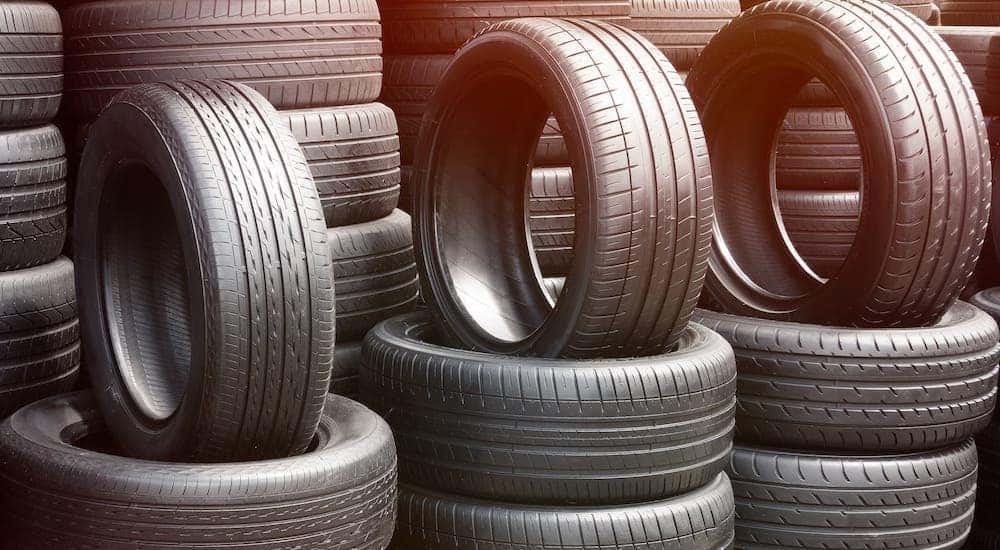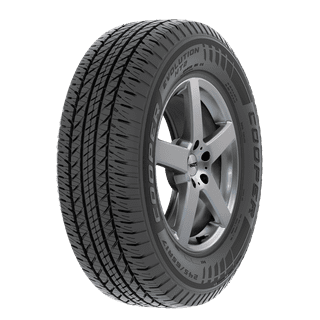Professional Morris Tire and Alignment: Enhance Your Vehicle's Performance
Professional Morris Tire and Alignment: Enhance Your Vehicle's Performance
Blog Article
Tire Service: The Effect of Weather
When it comes to ensuring ideal efficiency and safety and security on the road, comprehending the impact of climate problems on tire service is critical. In this discussion, we will certainly discover the elaborate connection between weather condition problems and tire service, dropping light on the importance of weather-specific tire maintenance practices and considerations.
Warmth and Tire Performance
When subjected to high temperatures, tires experience modifications in efficiency that can substantially influence automobile safety and security and handling. The warmth created from prolonged driving or hot weather conditions causes the tire rubber to soften, causing decreased step life and boosted wear. As the rubber ends up being softer, the tire's grip when traveling lessens, affecting stopping distances and overall grip. In extreme situations, too much warm can even create tire blowouts, positioning an extreme security danger to the vehicle and its occupants.
Furthermore, heats can accelerate the procedure of tire aging, causing the rubber to deteriorate faster. This can lead to fractures, bulges, and other types of damage that compromise the architectural integrity of the tire. To reduce the impacts of heat on tire performance, vehicle drivers ought to consistently inspect their tire stress, rotate tires to make sure even use, and check for any signs of damage. Furthermore, using tires especially designed to endure heats can assist maintain optimum efficiency and safety and security when driving.
Winter Effects
Cold climate conditions can have a substantial impact on tire efficiency and safety. As temperature levels decrease, tire rubber can harden, causing decreased traction on icy or snow-covered roadways. In winter, tires might additionally lose air stress extra swiftly, which can impact handling and fuel efficiency. Furthermore, cool temperatures can create tire sidewalls to stiffen, boosting the risk of damages from pockets or other roadway hazards.
To alleviate the impacts of cold climate on tires, it is essential to frequently inspect tire pressure and inflate them to the producer's advised degrees. Utilizing winter or all-season tires developed for cool weather condition conditions can likewise improve traction and grasp on icy or snowy roads - morris tire and alignment. Appropriate tire maintenance, consisting of normal inspections for wear and damages, comes to be also much more essential during chillier months to ensure ideal performance and safety
Rainy Issues Influence
During rainy conditions, tire efficiency and safety can be considerably affected by the wet roadway surfaces and minimized visibility. The walk pattern of tires plays a crucial function in preserving grip on damp roads. Tires with damaged treads are more vulnerable to hydroplaning, where a layer of water develops up in between the roadway and the tire surface, causing loss of grip. To fight this, drivers need to regularly evaluate their tires for sufficient walk deepness and consider purchasing tires specifically developed for wet problems.

Snow and Tire Safety And Security
When driving in snowy problems, having the right tires can make a substantial difference in security and efficiency. Wintertime tires are made with special rubber substances and step patterns to provide better traction on snow and ice compared to all-season tires.
Along with using wintertime tires, it is crucial to ensure they are appropriately blown up. Winter can trigger tire stress to drop, influencing grip and handling (tires morris il). Frequently examining and maintaining the proper tire stress is vital for ideal efficiency in snowy conditions

Weather-Related Tire Maintenance
Weather-related browse around these guys tire maintenance encompasses an array of methods aimed at making certain ideal tire function and long life in various weather circumstances. One crucial aspect of weather-related tire upkeep is tire stress policy. Evaluating tire walk frequently and changing tires when walk wear reaches a specific depth is essential for preserving traction and security in adverse climate.
Final Thought
In conclusion, weather have a substantial effect on tire efficiency and security. From warmth impacting tire stress and use to cool weather condition decreasing traction, it is necessary to think about the weather when preserving and making use of tires. Rainy conditions can lower grasp and lead to hydroplaning, while snow can raise the threat of mishaps if tires are not effectively furnished. Weather-related tire upkeep is essential in making certain optimal performance and safety and security when traveling.
In this conversation, we will certainly discover the intricate relationship between weather condition conditions and tire service, dropping light on the value Visit This Link of weather-specific tire upkeep techniques and factors to consider.

Report this page